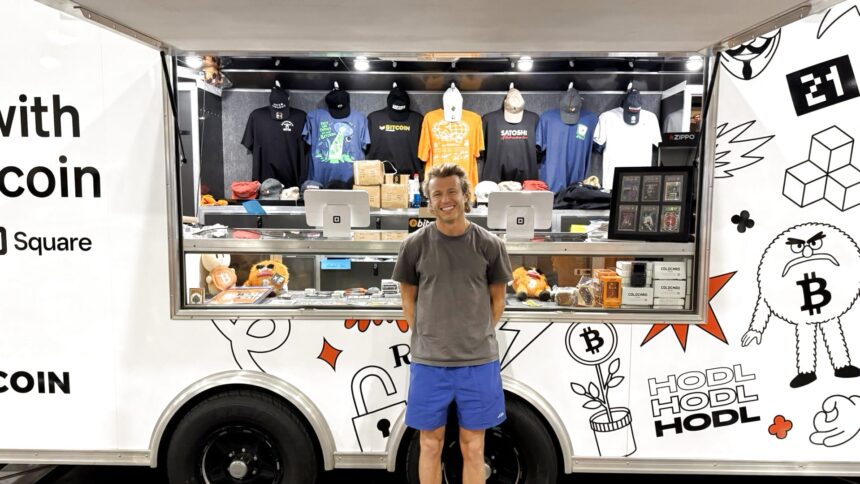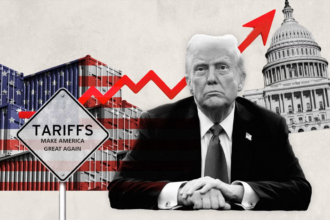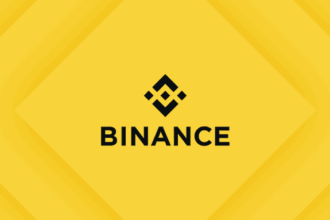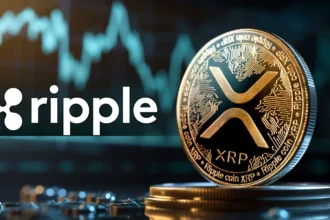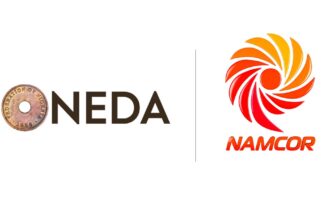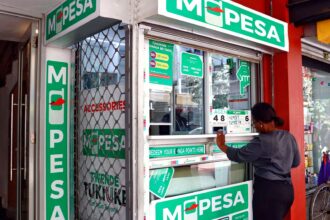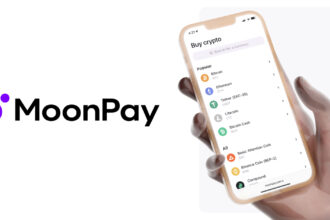At Bitcoin 2025 in Las Vegas, Square, a division of Block, launched a groundbreaking pilot allowing attendees to pay for merchandise using Bitcoin at a pop-up store inside The Venetian.
This initiative, announced on May 27, 2025, marks Block’s boldest step toward making bitcoin a practical, everyday currency. By leveraging the Lightning Network, Square enables fast, low-cost transactions, setting the stage for broader adoption among merchants worldwide.
The pilot transforms a merchandise truck into a live checkout experience. Attendees can purchase T-shirts, hoodies, and hats by scanning a QR code, with Square handling real-time exchange rates and transaction confirmations.
The Lightning Network, which processes payments off the main Bitcoin blockchain, ensures speed and affordability compared to traditional methods. This debut showcases Block’s vision to integrate Bitcoin into daily retail.
Led by Miles Suter, Block’s Bitcoin Product Lead, the initiative builds on years of innovation. Suter, who joined Block in 2017, has been instrumental in embedding Bitcoin across the company’s ecosystem, including Cash App, Spiral, Bitkey, and Square.
He describes the pilot as a “significant milestone” in making Bitcoin accessible to merchants and customers alike. Block plans to roll out bitcoin payments to eligible Square sellers later in 2025, with full availability targeted for 2026, pending regulatory approval.
Square’s system offers flexibility. Merchants can accept bitcoin as a payment option alongside traditional methods like credit cards, with the ability to instantly convert payments to dollars to avoid price volatility.
For those who prefer to hold Bitcoin, Square provides a “Bitcoin for Business” suite, enabling merchants to manage, convert, or self-custody their crypto assets. This approach ensures businesses can cater to diverse customer preferences without missing sales.
The pilot expands on Square’s “Bitcoin Conversions” tool, introduced in 2024, which allows merchants to convert a portion of daily sales into bitcoin. Over 1,000 sellers have adopted this feature, with their bitcoin holdings growing by approximately 70% in the past year.
The new point-of-sale functionality takes this further, enabling direct bitcoin payments and reinforcing Block’s commitment to small and medium-sized businesses.
Block’s strategy diverges from the narrative of bitcoin as a “digital gold” for long-term holding. Instead, it emphasizes bitcoin’s potential as a decentralized, permissionless currency for the internet.
Suter highlights the company’s belief in bitcoin’s role in everyday transactions, drawing parallels to Cash App’s early bitcoin trading success despite initial skepticism. “Somebody’s got to be first,” he says, underscoring Block’s pioneering approach.
The pilot aligns with Block’s broader ecosystem, including Bitkey’s self-custody wallet, Proto’s bitcoin mining solutions, and Spiral’s open-source development.
Unlike competitors focusing on stablecoins or tokenized dollars, Block remains dedicated to bitcoin, aiming to empower small merchants with the same crypto benefits as large corporations.
As bitcoin nears all-time highs, this initiative positions Square to capitalize on growing interest in cryptocurrency

